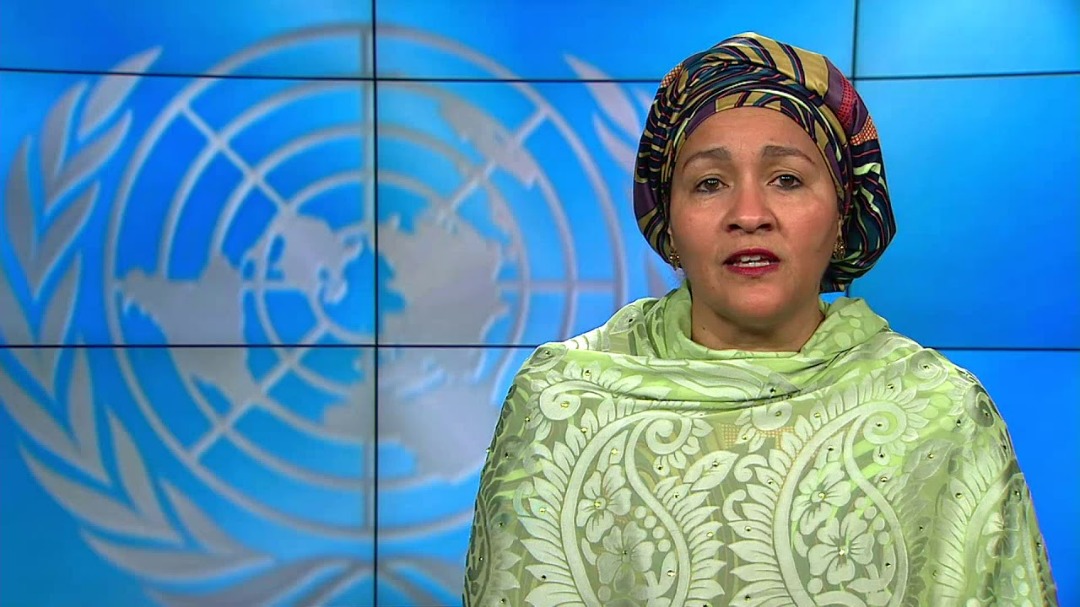The United Nations (UN) has underscored the pressing need for a $4.2 trillion annually to bridge the financing gap and advance the Sustainable Development Goals (SDGs) by 2030.
Despite the ambitious targets set forth by the SDGs, progress towards their implementation has been sluggish, with only 15% of the goals achieved by 2023.
This is contained the body’s latest assessment on Financing Sustainable Development, published on its website
The UN’s Deputy Secretary-General, Amina Mohammed, in the report, attributed the stagnation to a combination of factors including geopolitical tensions, conflicts, climate disasters, and global economic challenges.
The exponential rise in the financing deficit, from $2.5 trillion in the post-Covid-19 era to $4.2 trillion in 2024, poses a significant obstacle to achieving the SDGs.
According to Li Junhua, head of Economic and Social Affairs at the UN, the primary issue lies not in the availability of funds, but rather in the lack of political will and prioritization.
Junhua points to systemic issues such as tax evasion, fraud, and fossil fuel subsidies, which siphon billions and trillions of dollars away from sustainable development initiatives. Despite the clear imperative to mobilize additional resources, concerted action remains elusive.
Delving into specific SDGs, the financing gap becomes starkly evident. For SDG13, focused on combating climate change, only $89.6 billion has been mobilized in 2021, falling short of the $100 billion annual commitment pledged by nations at COP15 in 2009.
Similarly, in the realm of food security (SDG2), critical funding shortfalls persist, particularly in countries grappling with acute hunger and economic vulnerability.
Nations like Afghanistan and the Central African Republic (CAR) face significant challenges exacerbated by climate-related disasters and economic instability.
The UN’s report serves as a clarion call for practical solutions and concerted efforts to address the yawning gap in financing for sustainable development. Urgent action is imperative to ensure that the SDGs remain within reach and to safeguard the well-being of vulnerable populations worldwide.

